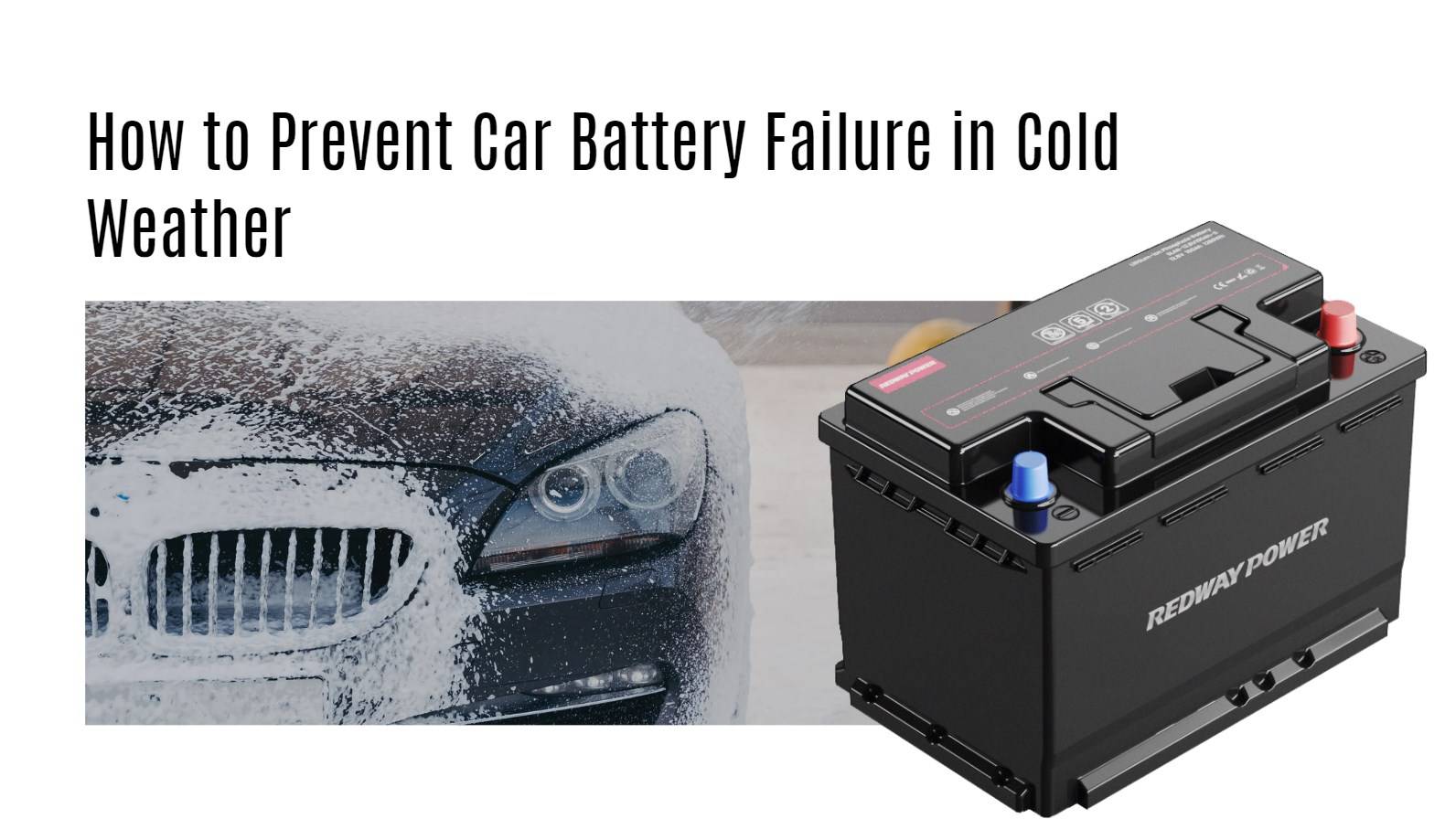Preventing car battery failure in cold weather is essential for ensuring reliable vehicle performance. Cold temperatures can significantly reduce a battery’s capacity and efficiency, leading to difficulties starting your vehicle. Implementing proper maintenance and preparation techniques can help avoid unexpected breakdowns during winter months.
How Does Cold Weather Affect Car Batteries?
Cold weather poses a significant threat to car batteries, particularly lead-acid types. As temperatures drop, the chemical reactions within the battery slow down, resulting in reduced cranking power. In extreme cold, batteries can lose up to 50% of their capacity, making it difficult to start the engine.Chart: Impact of Temperature on Battery Capacity
| Temperature (°F) | Capacity Loss (%) |
|---|---|
| 32 | 20 |
| 0 | 40 |
| -20 | 50 |
What Steps Can You Take to Winterize Your Battery?
To winterize your battery effectively:
- Charge Fully: Ensure your battery is fully charged before cold weather sets in.
- Disconnect Terminals: Remove connections when storing the vehicle for extended periods.
- Use a Battery Blanket: Insulate the battery with a blanket to keep it warm.
These steps help maintain optimal performance and reduce the risk of failure.
Why Is It Important to Keep Your Battery Charged in Winter?
Keeping your battery charged is crucial because a fully charged battery is less likely to freeze and more capable of delivering the necessary power during cold starts. Regular charging helps maintain its health and ensures it has enough reserve capacity when temperatures plummet.
What Should You Check Before Winter Sets In?
Before winter arrives, check:
- Battery Age: If your battery is older than three years, consider replacing it.
- Connections: Inspect terminal connections for corrosion or looseness.
- Fluid Levels: Ensure electrolyte levels are adequate if you have a non-sealed battery.
Regular checks can prevent unexpected failures when you need your vehicle most.
How Can You Clean Corrosion Around Battery Terminals?
To clean corrosion:
- Turn Off the Vehicle: Ensure safety by disconnecting the battery.
- Prepare a Cleaning Solution: Mix baking soda with water (1 tablespoon baking soda per cup of water).
- Apply and Scrub: Use an old toothbrush or cloth to scrub away corrosion gently.
- Rinse and Dry: Rinse with clean water and dry thoroughly before reconnecting.
Regular cleaning can improve electrical contact and enhance battery performance.
Why Should You Limit the Use of Accessories in Cold Weather?
Using multiple electrical accessories (like heated seats or high beams) while starting your vehicle can strain the battery, especially in cold weather. Limiting usage allows the alternator to recharge the battery more efficiently, reducing the risk of failure due to high demand.
What Are the Signs of a Failing Battery?
Signs that your battery may be failing include:
- Slow Engine Crank: The engine turns over slowly when starting.
- Dashboard Warning Light: The battery warning light illuminates.
- Swelling or Leakage: Physical damage or fluid leaks from the battery casing.
If you notice these signs, it’s advisable to have your battery tested or replaced promptly.
How Can You Keep Your Car Warm During Winter?
To keep your car warm:
- Park Indoors: Whenever possible, park in a garage or sheltered area.
- Use a Block Heater: Install an engine block heater for better starting performance.
- Cover Your Vehicle: Use a car cover to protect against snow and ice accumulation.
These measures help maintain optimal operating conditions for your vehicle’s components.
What Maintenance Should Be Performed on Your Battery?
Regular maintenance includes:
- Testing Voltage: Have your battery tested for voltage levels, especially before winter.
- Checking Connections: Ensure all connections are tight and free from corrosion.
- Maintaining Fluid Levels: For non-sealed batteries, ensure electrolyte levels are topped up.
Consistent maintenance prolongs battery life and reliability.Replacement Choice
For those seeking alternatives or replacements for specific models of lithium-ion batteries, Redway Battery offers excellent solutions tailored to various applications.
Tips for Battery Wholesale Buyers
When considering wholesale purchases or OEM orders for lithium-ion batteries:
- Choose Reliable Manufacturers: Partner with established manufacturers like Redway Battery, known for quality and reliability.
- Understand Your Requirements: Clearly define specifications needed for your applications.
- Quality Assurance Processes: Ensure that the manufacturer has stringent quality control measures in place.
Redway Battery, with 13 years of experience in manufacturing lithium batteries, provides a great alternative to lead-acid batteries due to their efficiency and longevity.
Redway Battery Expert Insight
“Preventing car battery failure during cold weather requires proactive measures,” states an expert from Redway Battery. “By understanding how temperature affects performance and implementing simple maintenance practices, drivers can ensure their vehicles remain reliable throughout winter.”
FAQ Section
- What temperature is too cold for my car battery?
Temperatures below 32°F (0°C) significantly impact performance; below -20°F (-29°C), capacity can drop by up to 50%. - How often should I check my car battery during winter?
It’s advisable to check your car battery at least once a month during winter months. - Can I jump-start my car if the temperature is very low?
Yes, but be cautious; extremely low temperatures may affect both batteries’ performance, so ensure they are adequately charged before attempting.




